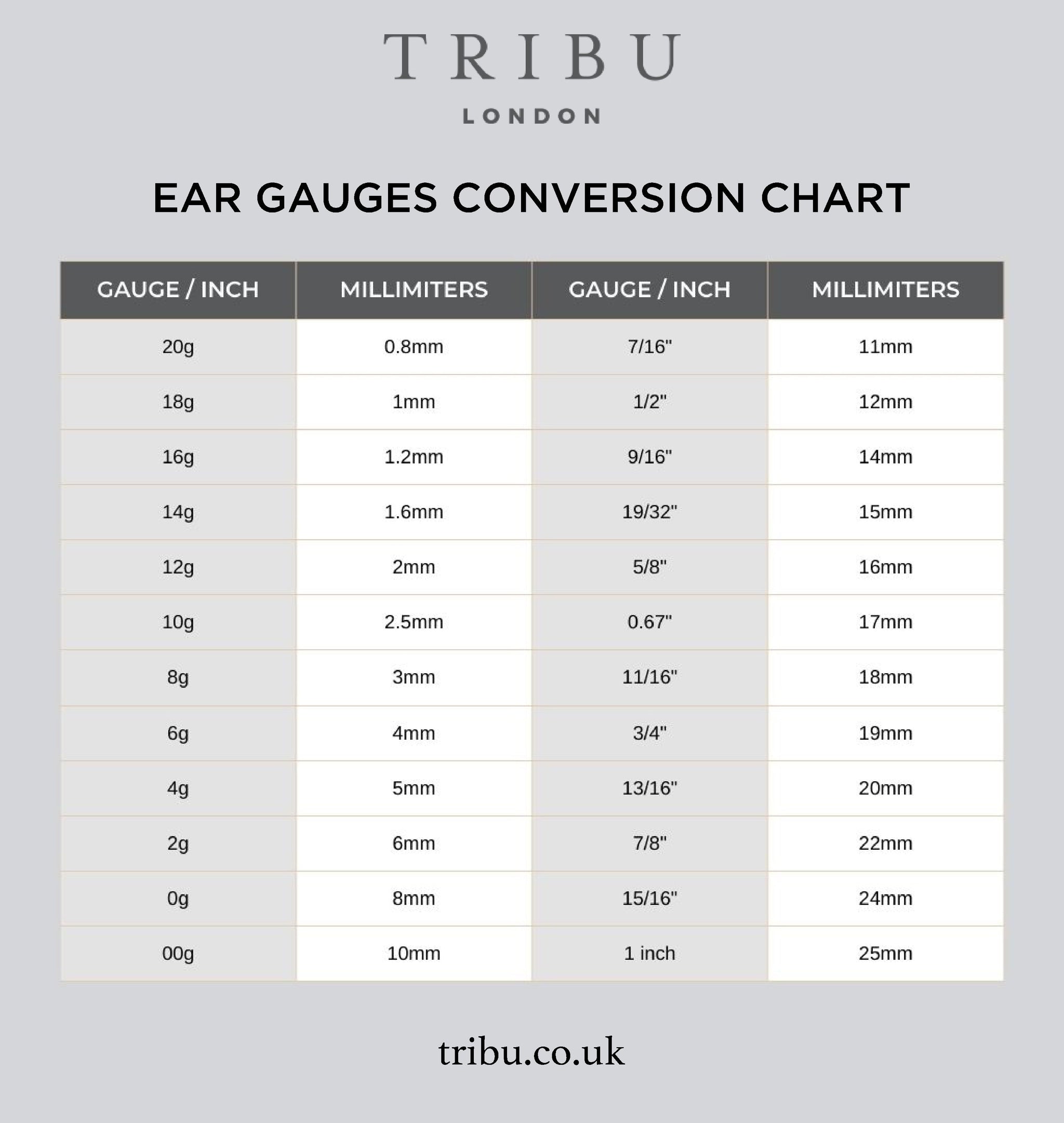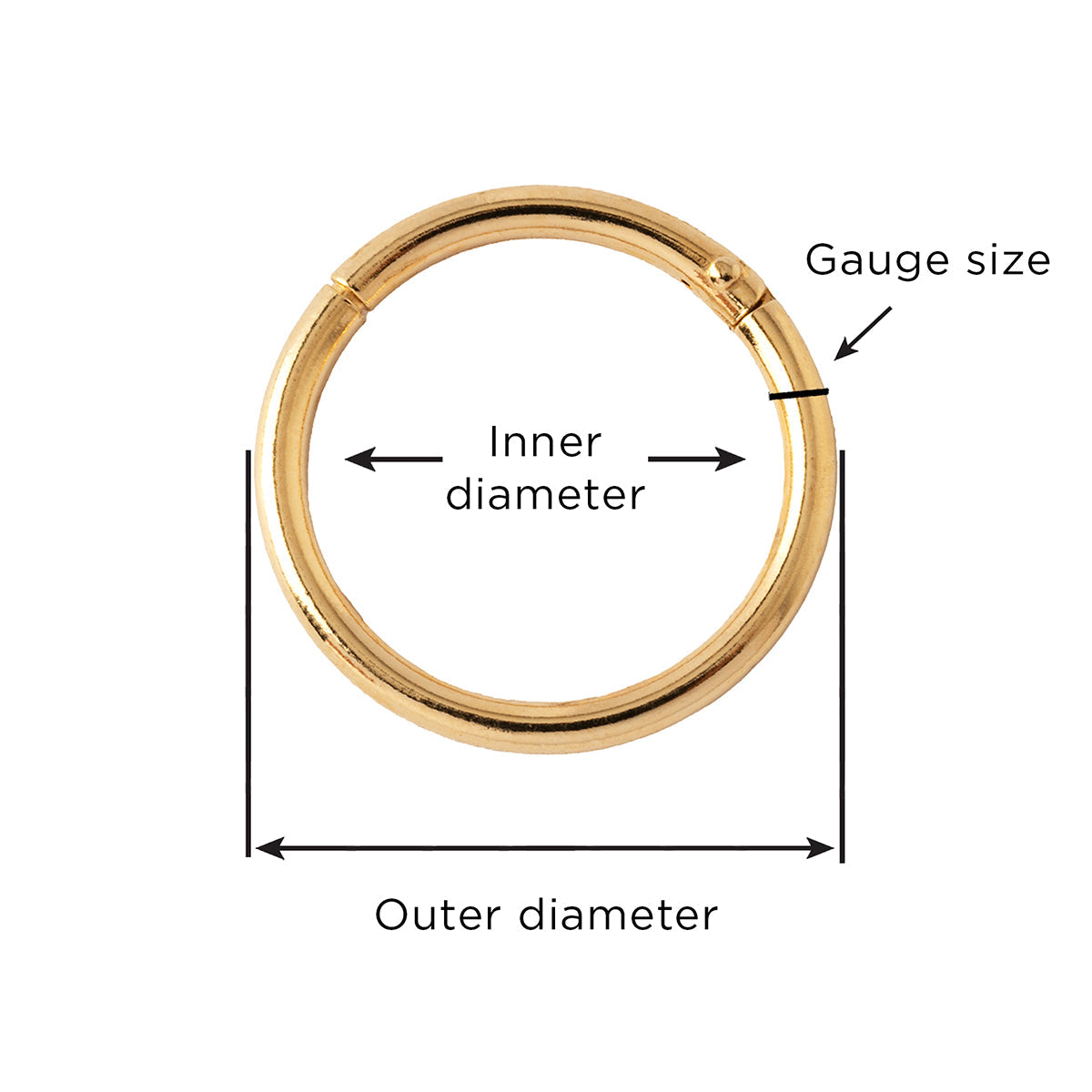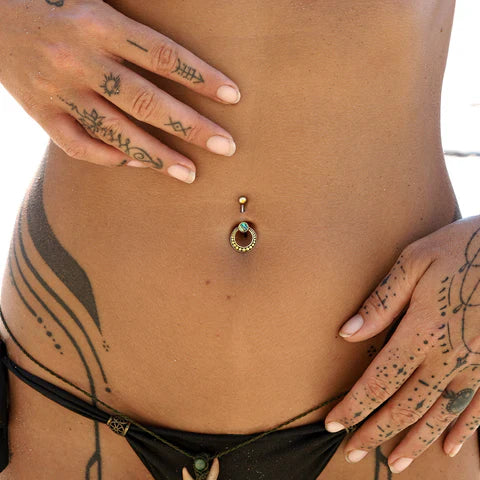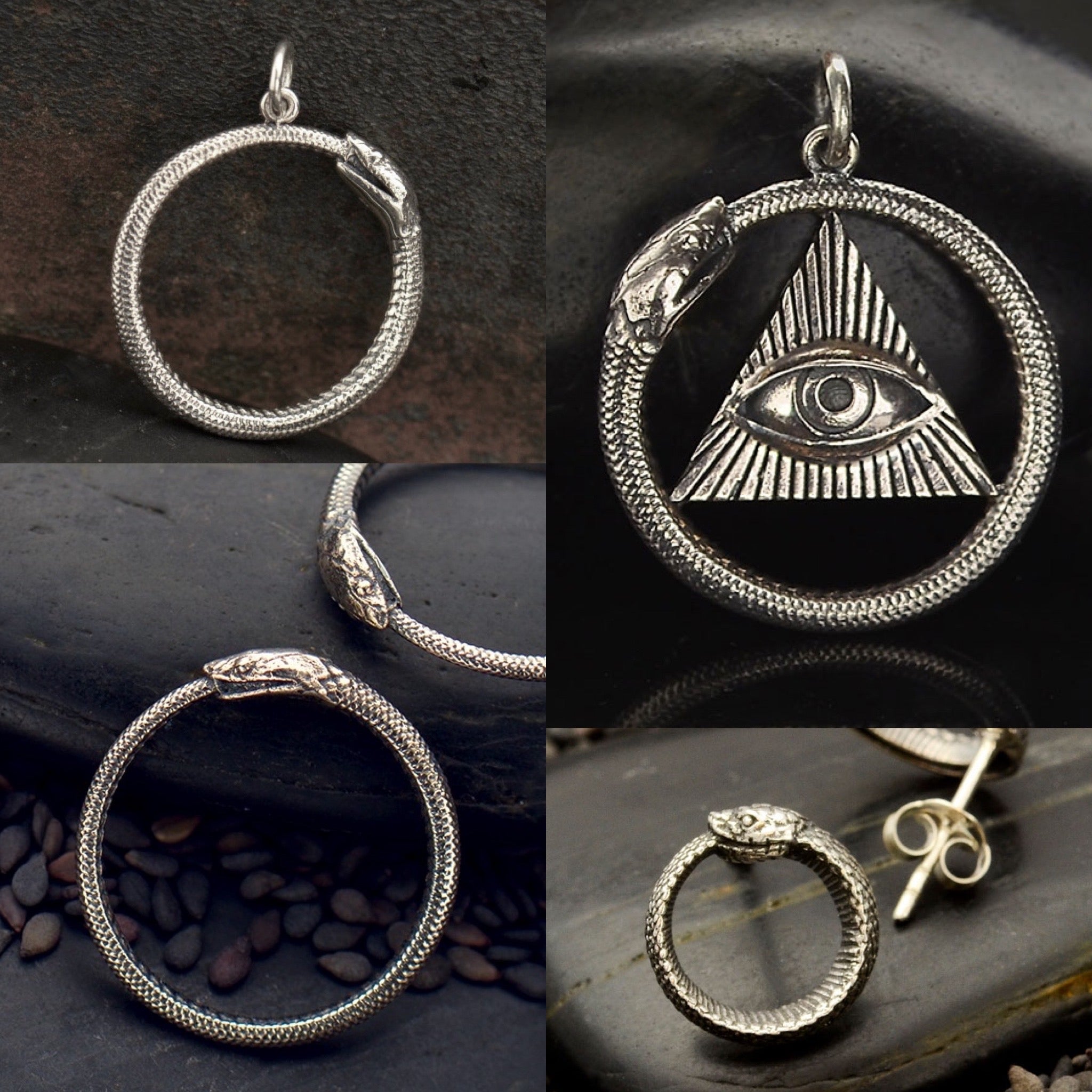JEWELLERY MATERIAL GUIDE
Finding the right jewellery is an inspiring journey that goes beyond appearances. Understanding the compound and alloys of your jewellery is essential, and several factors must be considered to determine which metal or organic material is best for you:
Health Considerations
Some individuals may be sensitive to certain metals. It is crucial to identify which materials your body can tolerate.
Durability & Maintenance
Proper care and maintenance allow your jewellery to transcend time, becoming a cherished part of your journey.
Purpose of Use
Are you seeking a statement piece for a special event or a subtle, durable item for everyday wear? The occasion will help you choose the right piece.
Explore the detailed information about the materials we offer and discover the perfect match for you.
Select Material:
- GOLD
- GOLD PLATING
- SILVER
- 316L SURGICAL STEEL
- TITANIUM
- PVD COATING
- BRASS
- BRONZE
- WOOD
- TUSK & BONE
- STONE
- FAQ
GOLD
Gold jewellery has been a symbol of status for thousands of years, dating back to ancient Mesopotamia, Egypt, and the Indus Valley. Gold offers a versatile medium for creating a wide range of styles. Whether it’s the rich warmth of yellow gold, the sleek sophistication of white gold, or the romantic charm of rose gold, gold jewellery complements every taste and occasion.

GOLD PLATING
Gold-plated jewellery offers a stunning, affordable way to enjoy the luxurious appeal of gold without the high price tag. Whether you're looking for everyday wear or a statement piece, gold-plated jewellery can complement any outfit with its radiant shine and timeless appeal.

SILVER
One of the first metals used by humans, has been valued since ancient times, even more than gold by the Egyptians until 1500 BC. Today, silver balances luxury with accessibility, maintaining its timeless value.

316L SURGICAL STEEL
316L Surgical Steel is commonly used in body jewellery, but it’s also a popular choice for fashion jewellery due to its strength, sleek appearance, and low-maintenance nature.

TITANIUM
Titanium is commonly used in various types of jewellery, including piercing jewellery, rings, necklaces, and more. Its unique combination of durability and comfort makes it a popular choice for those seeking both style and function in their accessories.

PVD
PVD (Physical Vapor Deposition) coating has become a go-to method for achieving sleek, modern jewellery designs. It offers a variety of colors allowing for customizable and bold styles.

BRASS
Brass jewellery is a popular choice for those looking for versatile, stylish, and durable pieces. If you're a gold enthusiast on a budget, brass offers a great alternative with its warm yellow tones, closely resembling gold.

BRONZE
Bronze has a long-standing tradition as a material for jewellery and is considered one of the oldest technical alloys. It offers a timeless blend of rustic charm and sophisticated artistry.

WOOD
Wood jewellery is eco-friendly and sustainable, with a rich history in tribal cultures where it has been used for centuries. Today, it is a popular choice for those seeking a more organic, earthy aesthetic.

TUSK & BONE
Tusk and bone jewellery offers a unique and earthy aesthetic that has captivated cultures for centuries. Crafted from the natural materials,these pieces carry a sense of ancient tradition and are typically favored for their organic, tribal-inspired look.

STONE
Stone jewellry blends natural beauty with craftsmanship. Whether polished or raw, these pieces create a striking aesthetic, making a bold statement or providing a subtle touch of sophistication. This timeless appeal makes them a popular choice for those seeking individuality.

FAQ:
- Are your pieces handmade?
- How durable is your jewellery?
- Will the jewellery tarnish or change colour?
- Are your materials sustainable or ethically sourced?
- Are your materials suitable for sensitive skin?
- What should I know about skin sensitivity and metal reactions?
- Why does some jewellery make my skin turn green or cause irritation?
Are your pieces handmade?
Our pieces are made to be worn and loved, but like all handmade jewellery, they benefit from a little care. Materials like brass and silver can naturally tarnish over time, but are easy to clean and restore. Avoid contact with water, sweat, or chemicals to keep your pieces looking their best through every adventure.
How durable is your jewellery?
Our pieces are made to be worn and loved, but like all handmade jewellery, they benefit from a little care. Materials like brass and silver can naturally tarnish over time, but are easy to clean and restore. Avoid contact with water, sweat, or chemicals to keep your pieces looking their best through every adventure.
Will the jewellery tarnish or change colour?
Brass, copper, and silver may naturally develop a patina or darken over time. This adds to the organic character of our pieces, but you can easily polish them back to shine with a soft cloth. Keeping your jewellery dry and storing it properly will help extend its life.
Are your materials sustainable or ethically sourced?
We’re committed to sourcing responsibly wherever possible. Many of our materials are recycled or upcycled, and we work with artisans and suppliers who prioritise ethical practices and low-waste production.
Are your materials suitable for sensitive skin?
Everyone’s skin is different. While materials like titanium and surgical steel are generally well-tolerated and considered hypoallergenic, for items made with brass or mixed metals, we recommend checking the product description or contacting us for details if you have known allergies.
What should I know about skin sensitivity and metal reactions?
Some people may experience skin sensitivity or mild reactions to certain metals used in jewellery, especially when wearing pieces for extended periods or in humid conditions. Common signs include skin discolouration (like a green or dark mark) or irritation where the jewellery touches the skin.
This is often caused by the natural reaction between your skin’s pH, sweat, and the metal—especially with materials like brass or copper. These reactions are harmless and temporary, but can be annoying.
If you have sensitive skin or metal allergies, we recommend:
- Choosing pieces made from titanium, surgical steel, or other materials known to be gentler on skin.
- Avoid prolonged exposure to water, sweat, and lotions while wearing jewellery.
- Applying a clear barrier (like nail polish) to the inner side of rings or contact points, if needed.
As everyone’s skin reacts differently, we encourage you to check the material info on each product page, or reach out—we’re happy to help guide you to the best options for your skin.
Why does some jewellery make my skin turn green or cause irritation?
This is a common reaction, especially with metals like brass or copper. When these metals interact with moisture, sweat, or the natural oils in your skin, they can oxidise and leave a green tint. It's harmless and washes off easily, but we know it can be frustrating.
If you have sensitive skin, certain metals may also cause irritation or discoloration.
Everyone’s skin reacts differently, so we always recommend checking the material details on each product before buying. If you're unsure, opting for sterling silver or stainless steel pieces may be a safer choice.
To help prevent reactions:
- Keep jewellery dry (avoid water, sweat, and lotions).
- Remove pieces before showering or exercising.
- Create a barrier by applying clear nail polish to the inside of rings or areas that touch the skin.
For any other question contact us at







